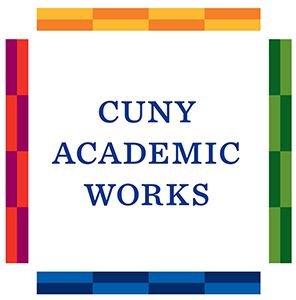QC Research Highlights is a monthly blog series featuring work from Queens College (QC) authors in CUNY Academic Works. Fascinating, important research is happening here at QC and we want you to know about it! Sometimes (but not always) this series may feature several works on related topics; other times it will simply feature a few works of interest.
All the works featured in this series are available to read and download for free from CUNY Academic Works.
Local Knowledge, Universal (?) Applicability
Welcome to the November edition of QC Research Highlights! This month, I wanted to feature some articles that consider how things learned locally might be of interest both inside and outside that local context – and especially when we are learning about our local context, New York.
In “Education Faculty as Knowledge Brokers: Competing for Access to New York State Print Media and Policy Influence,” Nakia Gray-Nicolas (Education and Community Programs) and co-authors consider how education researchers can reach a larger public, thus influencing public debates about educational policy and practice. This article focuses specifically on the media in New York State. This article considers the reasons it’s so difficult for academics to get access to the media.
Communicating in different contexts is important to students as well as faculty. “Workin’ Languages: Who We Are Matters in Our Writing” is a book chapter by Sara Alvarez (English), Amy Wan (English), and Eunjeong Lee (formerly a member of the English department, now at the University of Houston). In this chapter, Alvarez, Wan, and Lee consider how to ensure that students’ rich linguistic diversity is valued in the writing classroom. The authors suggest strategies for supporting students as they recognize their own work as “language architects” and come to understand that their language strategies are valuable in an academic context.
We should all be interested in how the built environment of New York affects those who live and work here. Kara Schlichting (History) and coauthor Melanie Kiechle (Virginia Tech) consider how heat and ventilation can post health threats to city dwellers (and New Yorkers specifically) – during COVID, but also long before. Their article, “Invisible Inequalities: Persistent Health Threats in the Urban Built Environment,” considers the history of health reform in New York City through the lens of environmental inequality, with a reminder to think of cities as collections of people and not just landscapes. This perspective allows for a larger-scale structural look at how urban planning and public health are deeply intertwined.
Of course, New York is not just a built environment but also a natural one. César Castillo (Biology) worked with coauthors from the New York Botanical Garden and the US Department of Agriculture to describe a plant naturalized to New York in “First Report of Mummenhoffia alliacea (Brassicaceae) for New York.” This report includes information on how to identify this plant – one key is the scent!
A little further afield, Fred Cadieu (Physics) examines rocky planets in his article “A Consistent Model of Terrestrial Planet Magnetospheres and Rotations in Our Solar System.” In this article, he explains how the presence or absence of magnetospheres has affected the atmospheres and tectonic behavior of the four terrestrial planets of the solar system – Mercury, Venus, Earth, and Mars – and perhaps exoplanets as well.
Having taken us from New York all the way into the depths of space, I wish you all a happy and productive November!
Thanks to all the authors featured here for sharing their work in the repository!
This is one of a series of blog posts featuring faculty publications in CUNY Academic Works. Academic Works is a service of the CUNY Libraries dedicated to collecting and providing access to the research, scholarship, and creative and pedagogical work of the City University of New York. In service to CUNY’s mission as a public university, content in Academic Works is freely available to all.
If you would like to share your research in Academic Works, please see this guide to Academic Works, or contact Nancy.Foasberg@qc.cuny.edu.
If you would like to share your research in Academic Works, please see this guide to Academic Works, or contact Nancy.Foasberg@qc.cuny.edu.

